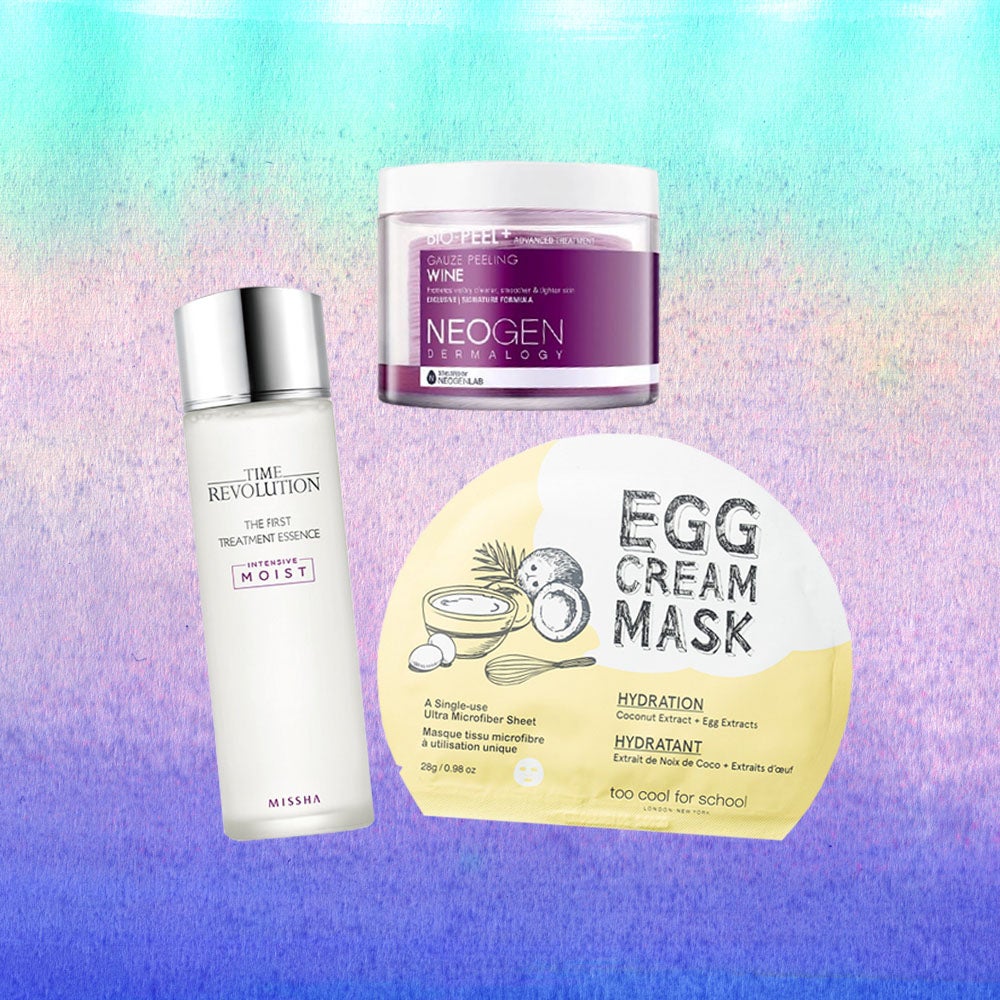
K-Beauty, also know as the beauty products, routines and practices from South Korea, has established itself as more than just a trend. Once dismissed by some because of its fun and quirky approach to skin care, it now has a permanent place in many women (and men’s) beauty arsenals.
One group, however, that’s been a bit slower to adopt the Asian-imported products and multi-step routine are Black women. And with good reason. Charlotte Cho, the founder of the wildly popular K-Beauty site Soko Glam, wants to change that. We chatted with Cho at the WWD Digital Beauty Forum in NYC to set the record straight on K-Beauty.
One reason many women with deeper skin tones have been hesitant to buy and try South Korean beauty products is because they don’t see themselves represented in the marketing or advertising of said products. As we’re all well aware, representation is extremely important because it allows consumers to feel confident that those products are intended and will work for them.
However, Cho reminds us that things aren’t that simple when it comes to K-Beauty. It’s important to remember that these products are being imported from one of the most homogenous countries in the world for global consumption. So it’s understandable that there aren’t models featured in the advertising of popular Korean beauty companies who have diverse skin tone or backgrounds.
“One of the reasons that K-Beauty has taken off in the US is because at its core it’s about skin,” the certified esthetician says. “Skin is skin, so the majority of K-Beauty products work on a wide range of skin tones,” she told ESSENCE.
Cho does acknowledge that Korean color cosmetics, like the popular cushion compacts and BB creams, have been slow to keep pace and innovate to meet the needs of its now diverse customer-base. “Many of these companies now need to create new shades and products to appeal to a new mass market,” she said.
While the makeup products and advertising may not be as diverse or inclusive as we’re used to here in the states, Cho is quick to point out that the heart of K-Beauty is skin care, so Black women shouldn’t be afraid to embrace it. It’s about having a skin-first beaut philosophy and looking at it as a delight instead of a chore or routine —something we should all do.
“K-Beauty is innovative and discoverable and has a lower priced so you can experiment a lot. With K-Beauty you’ll feel like I want to try this and I want to get to know my skin more,” she said.
Not sure how to start a K-Beauty skin-first routine? Too Cool For School’s Egg Cream Sheet Mask or NEOGEN’s Bio‑Peel Exfoliating Pads are two great affordable products to incorporate into your beauty routine. Let us know how and if you try any K-Beauty products!